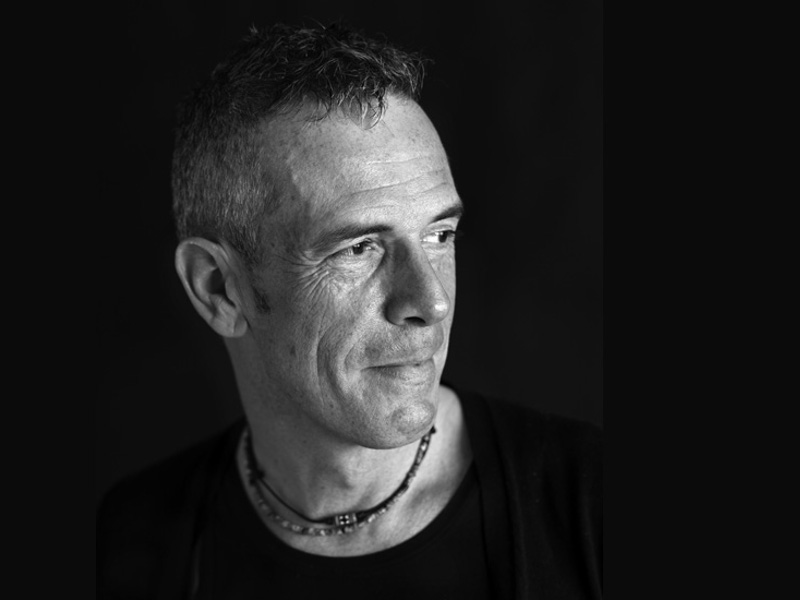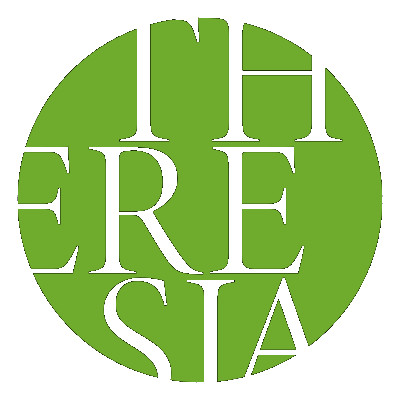
Read the english version
Da Vienna a Stoccolma, da Mozart a Kraus: nel suo nuovo stage, Theresia punta su un’abbinata di compositori che il pubblico dell’orchestra ama molto. Nei concerti in programma a Castelfranco Veneto e Verona si potranno ascoltare due Sinfonie e due Ouverture di entrambi i compositori, accomunati dall’anno di nascita (entrambi nacquero nel 1756 – Mozart a Salisburgo, Kraus a Miltenberg, in Germania; e curiosamente morirono a un solo anno di distanza), distanti nella “geografia” delle loro vicende professionali: quella di Mozart ebbe il suo centro a Vienna, mentre Kraus operò a Stoccolma, alla corte di Re Gustavo III.
L’accostamento non è nuovo per Theresia e soprattutto per il direttore Claudio Astronio che ci dice di avere “una vera passione per Kraus. A causa della coincidenza di date viene chiamato il Mozart svedese, a me invece piace chiamare Mozart il Kraus di Salisburgo.” Il programma è diviso esattamente a metà tra i due compositori, con un’Ouverture e una Sinfonia a testa, pagine che ben rappresentano lo stile e la personalità degli autori e che ci raccontano anche momenti importanti delle loro vite: “Di Mozart eseguiremo l’Ouverture dal Mitridate: si tratta di un’opera giovanile, che Mozart scrisse nel 1770, quindi era proprio un ragazzino. La prima esecuzione avvenne a Milano, al Teatro Ducale, e l’opera è su testo di Racine tradotto da Parini. Anche la Sinfonia K 201 è una pagina giovanile: è limpida, luminosa, ma anche straordinariamente articolata, con passi anticonvenzionali per i fiati.”
La parte dedicata a Kraus si apre con l’Ouverture della Proserpina: “Qui siamo nel 1781, a soli dieci anni di distanza dal Mitridate di Mozart: dieci anni che possono sembrare pochi e invece sono tantissimi, e infatti il linguaggio di Kraus qui è molto più avanti. Quest’opera gli valse la celebrità e anche il titolo di compositore di corte presso Gustavo III, che, come sappiamo, partecipò alla stesura del libretto. Anche la Sinfonia in programma (quella in mi minore) presenta un linguaggio molto avanzato, che prefigura lo stile di Beethoven, in una scrittura complessa e travolgente; in questo caso è difficile attribuire una data di composizione.”
La Sinfonia in minore di Kraus è saldamente nel repertorio di Theresia, che l’ha già eseguita sotto la direzione di Claudio Astronio e incisa nel cd “Live in Bolzano”: “Ricordo di quell’esecuzione che il pubblico fu molto complito da questa sinfonia: è uno dei pezzi meno eseguiti di Kraus, a differenza della Sinfonia in do minore o di quella in do diesis minore, ma ha sempre un grande impatto. Questo perchè Kraus era un orchestratore straordinario, e sapeva “macinare” la musica in modo mai uguale, con sorprendenti passaggi armonici e un continuo piroettare sull’armonia, capace di tenere sempre desta l’attenzione dell’ascoltatore.”
Lo stage residenziale in preparazione dei concerti inizia domani a Rovereto: in orchestra ci saranno alcune facce nuove, musicisti selezionati nelle audizioni di quest’anno e che per la prima volta siedono tra le file dell’orchestra: per vecchi e nuovi componenti, un’immersione di quattro giorni sotto la guida attenta di Claudio Astronio. E domenica e lunedì, i concerti. Nel nome di Mozart e Kraus.
[custom_heading center=”true”]Claudio Astronio between Mozart and Kraus[/custom_heading]
From Wien to Stockholm, from Mozart to Kraus: in its new project, Theresia focuses on a pairing of two composers that the orchestra’s audience loves very much. In the concerts scheduled in Castelfranco Veneto and Verona Theresia will perform two Symphonies and two Ouvertures by both composers, who share much in terms of dates: first of all the very same year of birth, because both were born in 1765 (Mozart in Salzburg, Kraus in Miltenberg, Germany); and curiously they died at few distance, Mozart in 1791 and Kraus one year after. But, they were almost distant as concerns their profession: Mozart was mostly in Wien, Kraus was court composer in Stockholm, under King Gustav III.
The pairing isn’t new for Theresia and for the conductor Claudio Astronio that, as he confessed us, has “a real passion for Kraus. Due to the coincidence of dates he is called the Swedish Mozart. But I prefer to call Mozart the Austrian Kraus.” The program is perfectly shared by the two composers, with a Symphony and an Overture by each of them: these are pages that represent very well the personal style of their authors and that also tell us some important moments of their lives. “We will perform the Overture from Mozart’s Mitridate: it is a youth opera, that Mozart wrote in 1770, so he really was a young boy. The first performance was in Milan, at Ducal Theater, and the opera was written on a text by Racine, translated by Parini. The Symphony K 201 is a youth work too: it is bright and clear but also extraordinarly articulated, with unconventional passages for winds.”
The part of the program devoted to Kraus will start with the Overture from Proserpina: “Here we are in 1781, just 10 years later than Mitridate by Mozart: one may think that ten years are a very short time, but on the contrary they are so many, and in fact, Kraus’s language here is much more innovative. This opera gave him the fame and the title of court composer under Gustav III that, as we know, joined the writing of the libretto. The Symphony in e minor has a very modern language too, that forecast Beethoven’s style, a very complex and overwhelming musical style. In this case we do not know the date of composition.”
The part of the program devoted to Kraus will start with Overture from Proserpina: “Here we are in 1781, just 10 years later Mitridate by Mozart: one may think ten years are a little time, but they are so many, and as a matter of fact Kraus’s language here is much more innovative. This opera gave him the fame and the title of court composer under Gustav III that, as we know, joined the writing of the libretto. Also the Symphony in e minor has a very moder language, that forecast the Beethoven’s style: a very complex and overwhelming style. In this case we do not know the date of composition.”
The Symphony in e minor by Kraus is firmly in Theresia’s repertoire: the orchestra has already played it under the direction of Claudio Astronio and it was recorded in the cd “Live in Bolzano”: “I remember that on that very occasion the audience was really impressed by this symphony: it is one of the less performed music by Kraus, unlike the symphony in C minor or the C sharp minor one, but it has always a great impact. This happens because Kraus was an extraordinary orchestrator, and he knew how to “mill” the music always in a different way, with surprising passages and “twirling” on the harmony: he can really always keep alive the attention of the listener.”
The residential workshop starts today in Rovereto: in the orchestra there will be some new faces, musicians selected in this year’s hearings and that for the first time join the orchestra: for old and new members, it will be an immersion of four days under the careful guidance of Claudio Astronio . And on Sunday and Monday, the concerts. In the name of Mozart and Kraus.


